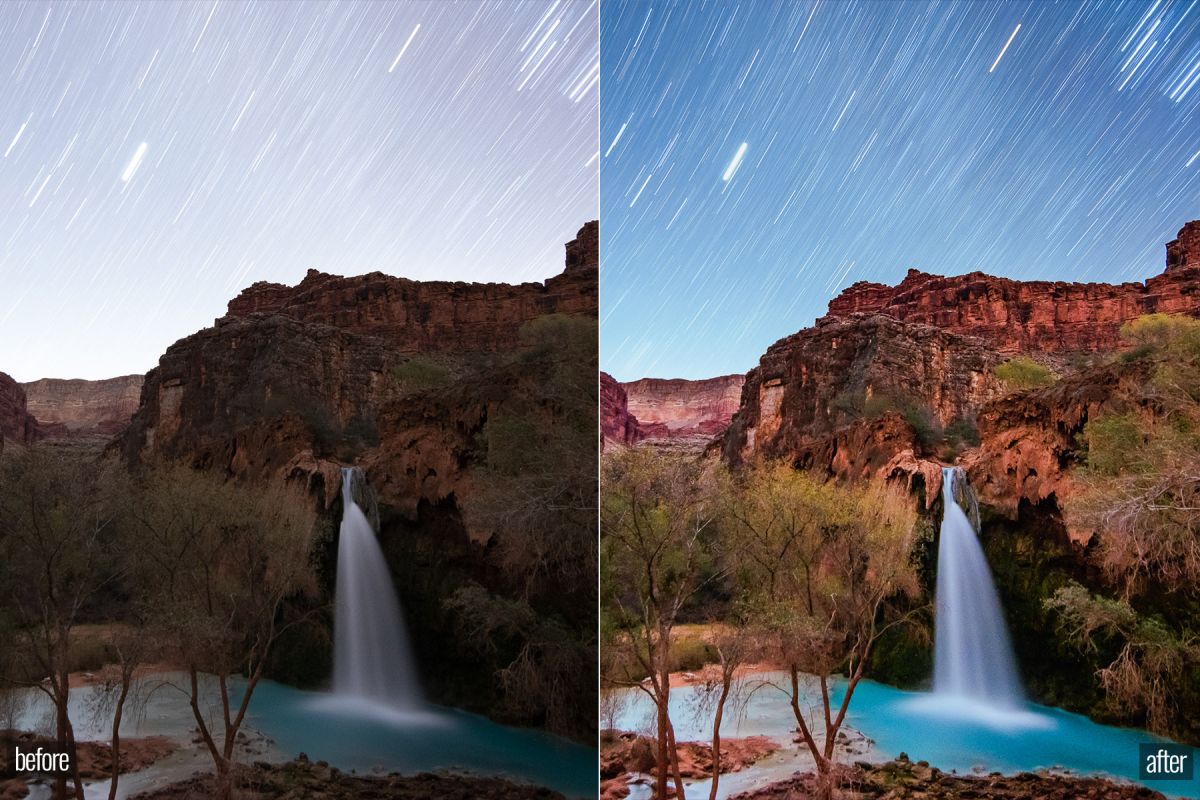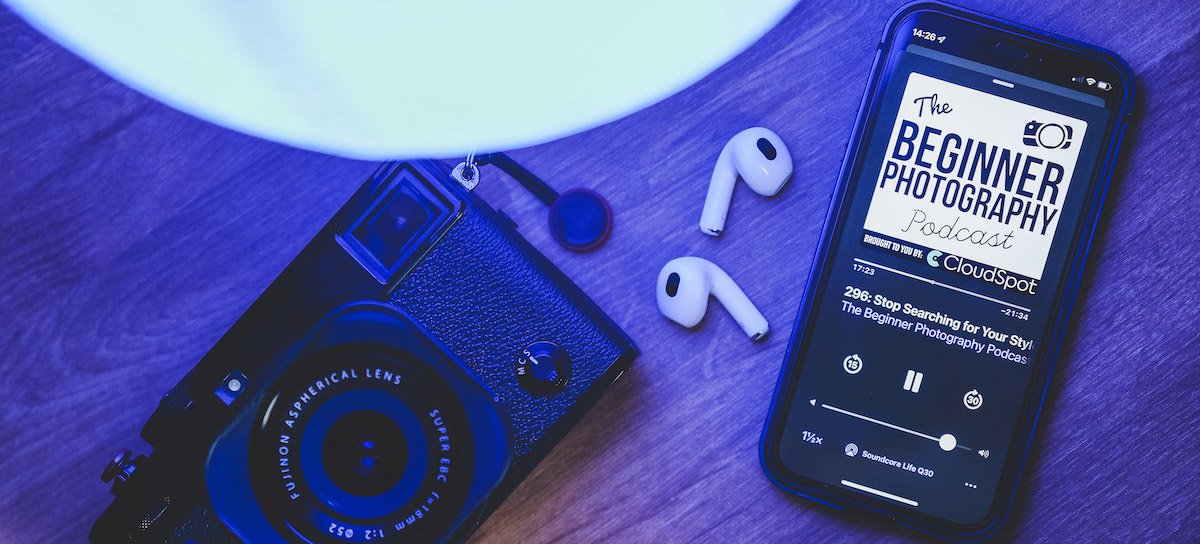
To take better photos with an analog film camera, you should check with your local camera shop to see if they offer in-house repairs. Check for features such as in-house repair service, 4 x 5 cameras, and filters. It is important to choose a store that sells brands you know. These stores are more likely to have spare parts that can be repaired if needed. Then, you can make the most of your next photography trip.
Service for in-house repairs
Some camera stores also offer repair service in-house. Some sell used cameras. Some even process 35mm roll film in-house. If your camera goes bad, in-house repairs are a great way of saving money. Many even offer internal cleanings at no cost. This service is often available at a price of approximately $175. It can be worthwhile to explore the service before you purchase a new camera.
Presets
If you're into film photography, you've probably heard about film presets. These programs allow for you to modify the appearance, tone, and saturation your photos. They are ideal for a variety of photography styles. Many of them can alter the tone of your photos without having to change your camera settings. This allows you to create the look that best suits your tastes. This is a great way to get the look and feel of film, without spending a lot on film.

Filters
The filter you choose for your film camera is a key part of your experience with photography. Lens filters come in many sizes. They are used to modify the final image. Lens filters can be used to give your photos a distinctive look. They also protect your lens. For best results, make sure to use the right filter on the lens you are using. Keep your filters clean and dry when not in usage.
4 x 5 cameras
Consider a 4x5 film camera if you are looking to take large format photos. They still deliver high-quality images, even though they have been around for more than 100 year. They are expensive, even though they have limited applications. We will be discussing how to select the best lens and camera. You can also watch our video for a closer look at this type of camera. In the video, we talk about its advantages and disadvantages.
Point-and-shoot cameras
When you look for a point-and-shoot camera in film camera stores, you should be careful to compare the price tags on different models. While more pixels means a better picture but a higher price, it does come with a price. The difference is usually not noticeable when viewing digital pictures. Still, you can expect to pay several hundred dollars for a higher-end model. Below are some factors to consider when comparing models' prices.
Vintage Dream Cameras
A Vintage Dream Cameras is a name that might be misleading. It sells all types of photography equipment but its specialty is selling analog, vintage cameras. This is due to a personal requirement. I personally couldn't find good analog camera supplies locally, and I couldn't get my hands on them either. I set up a business to specialize in analog cameras. Vintage Dream Cameras was the result of a lack of supply on both the local and national level.

Sitio do Cano Amarelo
Sitio do Cano Amarela, a film camera store in Brazil, is the best place to look if you're looking for vintage films cameras or a deal on a brand new one. The store stocks everything from professional-level SLRs and point and shoots, all the way up to EUR2 point & shoots. You will also find an extensive selection of old mechanical cameras.
FAQ
What makes a good camera bag?
Choosing a camera bag is important because it protects your gear while traveling. Consider these factors when selecting a bag.
-
The bag should be large enough to comfortably hold your accessories and cameras. Don't purchase more than you are going to use.
-
Durability: Buy bags made of durable materials like canvas, nylon or leather. Avoid plastic and fabric bags.
-
Protection: Make sure your bag provides protection against dust, dirt, moisture, and scratches.
-
Organization: To make it easier to find what you need, organize your gear according to type. You can put your lenses in one place, your memory cards and your battery charger another.
-
Comfort: Avoid carrying around a bulky bag when you are shooting. Instead, carry a shoulder belt. Look for comfortable designs with padded straps.
-
Price: Compare prices to get the best deal. Some brands sell their products at discount prices, which can be an added bonus.
-
Warranty: Find out if your company offers a guarantee on its products. This will ensure that you are able to contact the right person if something happens to your bag.
Which Lenses should I Use?
Beginners often ask, "What lens should I purchase?" There are many options. It can be difficult to make a decision.
The good news? You don’t have to purchase a completely new lens for every new camera you buy. Instead, you can add lenses later on.
Here are three types you might be interested in.
-
Wide Angle Lens: 14mm - 24mm: These lenses provide a wide angle of vision, which allows you to capture more details of your subject. You can zoom in to improve image quality.
-
Normal/Standard Zoom Lens (28mm to 70mm) : These lenses allow you the flexibility of changing focal lengths, while still maintaining high quality images.
-
Telephoto Zoom Lens (70mm–200mm) : These lenses are ideal for photographing distant subjects. They allow you to focus on your subject despite the fact that they may seem small in the frame.
You can also combine these lenses to create different effects. You can use a normal lens for close-up detail and switch to a zoom lens to capture distant objects.
Is photography a good job?
Photography is an art that allows you take pictures and share them. If you are willing to work hard, photography can be a great way for you to make money. There are many opportunities to make a career as a professional photographer. You could start by taking pictures for friends and family as a hobby. This would improve your confidence and skills. Once you have mastered this stage, you can move on to paid assignments. Photographers who are the best earn a living doing what they love. Photographers can accompany clients to weddings or parties where they need to capture images of people enjoying their work. Most professionals prefer to photograph commercial projects, such as product shots and advertisements.
You can only be successful if you know what type of photography is your favorite. Then practice, experiment, and try new techniques until you get comfortable with the process. Experience is the best substitute, so don’t expect success overnight.
As a beginner, you should aim to develop your technical skills first before focusing on creativity. Photography can be both artistic or technical. Learning to use the right tools and understand the basics of composition will help you succeed faster.
You need to decide if you want a career in photography. Some people combine their passions for photography with other careers. You might be able to work for a local newspaper while also pursuing freelance projects. Some photographers dedicate all of their spare time to photography. You have to put in the effort and be committed to any creative endeavor.
You will need to put in a lot of effort and time if you are serious about a career as a photographer. Consider carefully if you truly want to devote your time to such a career.
Do I Need A Tripod?
This is a question everyone asks. Although a tripod might not always be needed, they can be useful.
It allows you to hold your camera steady when taking pictures at slow shutter speeds. A tripod can make all the difference when you're photographing landscapes or other stationary subjects.
However, using a tripod to photograph moving subjects like people or sports can result in blurriness. How do you decide which situations are best served by a tripod.
A tripod is useful when you need to photograph stationary or fast moving subjects. Examples include:
-
Sports
-
People
-
Landscapes
-
Close-ups
-
Macro shots
Do this test to see if you are unsure if you require a tripod. Hold your camera still and look through the viewfinder. You will need a tripod if you see blurred lines and movement.
A tripod will not improve blurring if you don't notice it.
If you do decide on a tripod purchase, these are some things to remember.
-
Smooth legs are important for tripods. This prevents unwanted vibrations from shaking your camera.
-
Choose a sturdy tripod. Some tripods can be made out of plastic but they are not very durable. Consider a tripod made of metal.
-
Consider purchasing a remote release. Remote control allows you to remotely control your camera. It can automatically fire the shutter when you press the button.
-
You should look for a tripod with 360 degree rotation. It makes it easy to position your camera horizontally or vertically.
-
Tripods are expensive. Expect to spend around $100-200. You will still get a lot out of your money.
-
Don't forget about accessories like filters and memory cards.
-
Before shopping online, be sure to visit your local shop. Many retailers offer free shipping.
-
You can read customer reviews to see what people think of a product.
-
Ask family members and friends who own similar products.
-
Visit forums and message boards to learn about customer experiences.
-
Search online for user reviews.
-
Amazon.com offers the ability to search for prices and view customer feedback.
-
See photo galleries to see some of the creative uses for tripods by photographers.
Statistics
- This article received 13 testimonials, and 100% of readers who voted found it helpful, earning it our reader-approved status. (wikihow.com)
- There are people out there who will pick at flaws they can only see in 100% crops of your photos. (wikihow.com)
- That's the easiest way to get blurry photos 100% of the time. (photographylife.com)
- While I cannot prove that all of those spots were not sensor dust, the photo was taken during a heavy snowstorm…so I guess that 99.8% of the spots are snowflakes. (bhphotovideo.com)
External Links
How To
What are the essential skills required to be a professional photographer?
Technical knowledge, artistic ability and business acumen are the essential skills needed for any job in photography.
Technical knowledge includes the ability to understand exposure settings, camera functions and lens types.
An artist's ability is to understand composition, lighting, and pose.
Business acumen covers budgeting, scheduling, time management, and dealing with clients.
A passion for photography is essential if you are to become a professional photographer.
Photography classes can be taken at schools, colleges, or online.
You can also find many books that will teach you everything about photography.
Not only is it important to study photography, but it is also important to develop your style.
This will allow your to stand out in this field.
Photography has evolved over the years. In the past, people used cameras like the Kodak Instamatic and Polaroid instant cameras.
Today digital cameras are more popular than ever before. Photographers these days use smartphones to take pictures.
Although it is possible to purchase a smartphone capable of taking high-quality images you should invest in a DSLR (Digital Single Lens Reflex).
The DSLR lets you control every aspect your photo including shutter speed and aperture, ISO sensitivity, white-balance, focus, and white balance.
These features enable you to create stunning photos and different effects.
These controls are also available to adjust the mood of your photograph.
For example, a fast shutter speed could blur your subject.
Or you could make them look like they are moving by increasing the amount of light entering the camera.
You can also change the scene's color temperature to alter the mood.
You can, for example, increase the red in the picture if you see a lot of blue light. This will give it a warmer look.
It may be difficult at first to determine which direction your camera should point.
Once you get the basics down, it will be easy to see that it's not difficult at all.
It is actually much simpler than you might think.
It is likely that you will only start out shooting landscapes or close-up shots when you first begin.
You can capture any type of image, from portraits to abstracts, with experience.
After mastering the basics of the subject, you can move onto more advanced topics.
These tips will help you get started.
-
Find a peaceful place. You should choose somewhere you feel comfortable and relaxed.
-
Choose something you find interesting to photograph. Look for things that are unusual or unique.Try photographing flowers, animals, or even insects.
-
Take plenty of practice pictures. Practice makes perfect!
-
Experiment with different angles. Depending on the goal, hold your camera in a different way.
-
Use different lenses. Different lenses offer different perspectives.
-
Photograph in low light conditions. Photography in bright sunlight can be challenging.
-
Practice framing your shot. When capturing images, framing is a crucial skill.
-
Learn how your camera settings work. You can improve your photography by spending time with your camera settings.
-
Continue learning new techniques. There are many methods to learn photography. Check out local museums, galleries, museums and libraries.
-
Read magazines and books. Everything you need to know about photography can be found in books and magazines.
-
Join a club. Photograph clubs often host events that encourage members sharing their work.